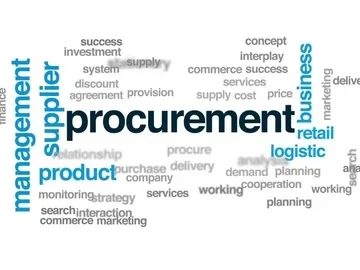Any successful business leader will acknowledge the crucial importance of effectively organized logistics. They understand that implementing seamless logistics is a key element in keeping pace with customer demands and outperforming competitors.
Supply chains are complex and sensitive as they depend on always-changing customer demands. A supply chain cannot ensure high value if it is without effectively organized transport. For this reason, logistics is one of the most crucial factors in the quality of any supply chain.
What Is Logistics Management?
Logistics is the collection of processes involved in moving goods internally or from buyer to seller. Logistics managers oversee and control the many complexities involved in that process. Success depends on attention to many details: Routes need to be determined based on expediency, regulatory environments and avoiding obstacles ranging from road repairs to wars and adverse weather conditions. Shipping provider and packaging options must be carefully considered, with costs weighed against factors from weight to recyclability. Fully loaded costs may include factors outside of transportation, such as those that ensure customer satisfaction and the availability of suitable warehousing.
Effectively coordinated logistics leads to positive business results
As businesses grow and expand (regionally, internationally or even globally), they become more reliant on effectively organized supply chains which includes sophisticated logistics. This element of supply chains is not something that “only matters in large-business development”. It is just as crucial in terms of improving efficiency and profitability with smaller and medium-sized business as well.
Logistics helps businesses create value
Providing value to customers does not only refer to quality or quantity. It also refers to availability. As better logistics makes your products more available to an increasing group of people, wise business leaders consider it a very important tool in creating value for customers.
There are seven pillars of effective logistics:
· Material sourcing
· Transportation
· Order fulfillment
· Warehousing
· Demand forecasting
· Inventory management
· Supply chain management
Key Takeaways




No comment